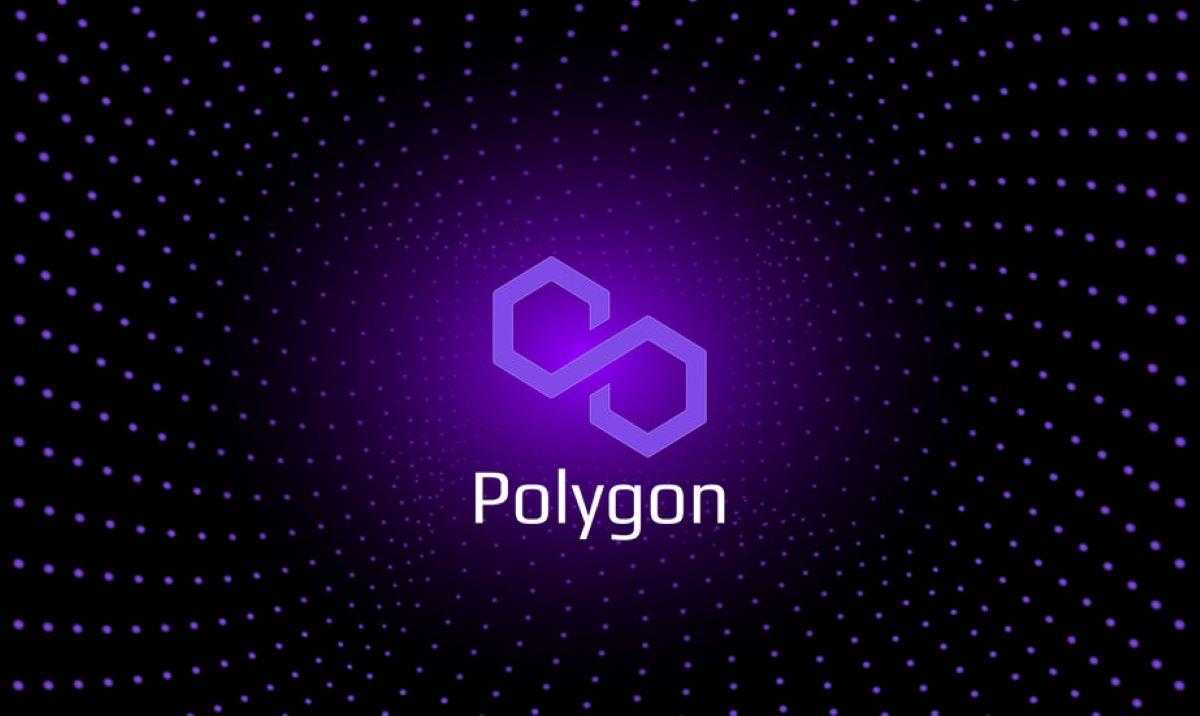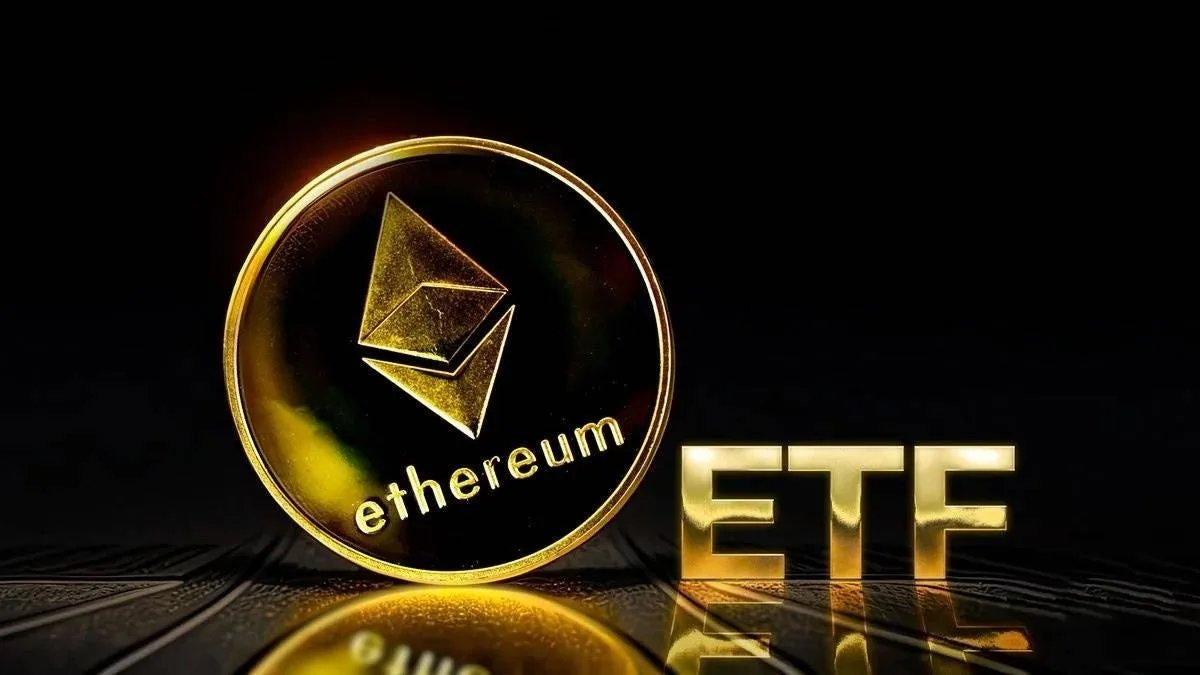|
Getting your Trinity Audio player ready...
|
Polygon(MATIC) is a Layer 2 scaling solution for Ethereum that offers faster transaction speeds and lower gas fees. As a result, it has become a popular choice for developers looking to build decentralized applications (dApps).
There are now a wide variety of projects being built on Polygon, including DeFi protocols, NFT marketplaces, and gaming platforms. Here are some of the best projects to build on Polygon:
- Aave is a decentralized lending and borrowing protocol that allows users to earn interest on their crypto assets or borrow them against collateral.
- Curve is a decentralized exchange that allows users to swap between stablecoins with low fees.
- QuickSwap is a decentralized exchange that allows users to swap between any ERC-20 token with low fees.
- SushiSwap is a decentralized exchange that allows users to swap between any ERC-20 token with low fees.
- The Sandbox is a decentralized gaming platform that allows users to create, own, and monetize their own virtual experiences.
- Zed Run is a decentralized horse racing platform that allows users to breed, race, and trade virtual horses.
These are just a few of the many projects that are being built on Polygon. The platform’s low fees and high scalability make it an attractive option for developers looking to build dApps that are accessible to a wider audience.
Related Unlocking the Power of Polygon’s ZK-EVM: A Guide to its Four Simple Components
Key takeaway
Polygon is a Layer 2 scaling solution for Ethereum that offers faster transaction speeds and lower gas fees. As a result, it has become a popular choice for developers looking to build decentralized applications (dApps).
There are now a wide variety of projects being built on Polygon, including DeFi protocols, NFT marketplaces, and gaming platforms. These projects are all benefiting from the platform’s scalability and low fees, which are making it possible to build dApps that are accessible to a wider audience.
If you are a developer looking to build a dApp, Polygon is a great option to consider. The platform’s low fees and high scalability make it an attractive choice for developers who want to build dApps that are accessible to a wider audience.
Here are some additional details about Polygon:
- Polygon is a sidechain to Ethereum, which means that it is secured by the Ethereum network.
- Polygon uses a proof-of-stake consensus mechanism, which is more energy-efficient than proof-of-work.
- Polygon has a native token called MATIC, which is used to secure the network and participate in governance.
- Polygon is still under development, but it has already launched its mainnet and has a number of projects built on top of it.
Here are some of the benefits of using Polygon:
- Scalability: Polygon is designed to be scalable, which means that it can handle a large number of transactions without sacrificing performance.
- Security: Polygon uses a proof-of-stake consensus mechanism, which is more energy-efficient and secure than proof-of-work.
- Cost-effectiveness: Polygon’s fees are much lower than Ethereum’s fees, which makes it more cost-effective to build and use dApps on Polygon.
- Developer-friendly: Polygon(MATIC) is designed to be developer-friendly, which makes it easier for developers to build dApps on the platform.
Here are some of the risks of using Polygon:
- Polygon(MATIC)is still under development, which means that there is a risk of bugs and security vulnerabilities.
- Polygon is a complex project, which could make it difficult to use and understand.
- Polygon is a new project, which means that it is not as well-established as some of the other blockchains.
Overall, Polygon is a promising project with the potential to be a major player in the blockchain space. However, it is important to be aware of the risks involved before using Polygon.
I’m the cryptocurrency guy who loves breaking down blockchain complexity into bite-sized nuggets anyone can digest. After spending 5+ years analyzing this space, I’ve got a knack for disentangling crypto conundrums and financial markets.



